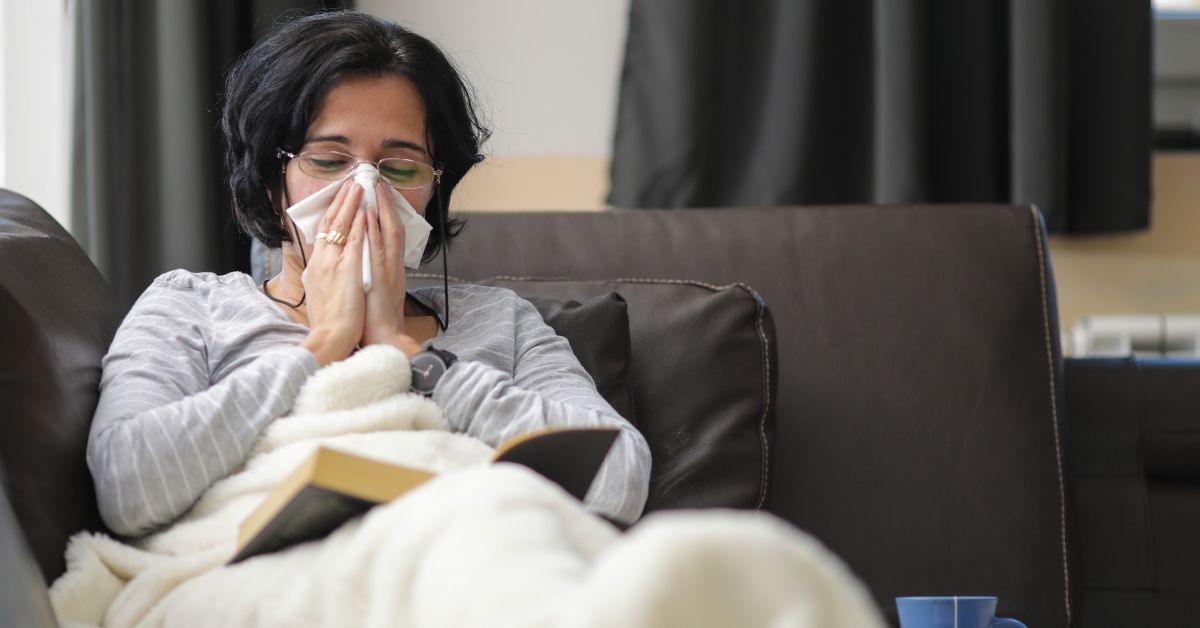Colon cancer risk factors are important to know when it comes to taking control of your health.
Colorectal cancer is the third most common type of cancer and mainly affects those ages 50 and older. Nearly 50,000 Americans die each year from this disease. However, thanks to improved treatment, early detection and emphasis on prevention, millions of colorectal cancer survivors are alive in our country today.
What exactly is colorectal cancer?
Colorectal cancer occurs when abnormal cells grow in your rectum or colon. The cells come together to form growths called colorectal polyps, which can turn into cancer.
Starting screenings on a regular basis can help identify polyps for early removal before they become cancerous. The most common screening for colorectal cancer is called a colonoscopy. This screening allows your doctor to see the inside of your colon and rectum and also remove any polyps they find for further examination. There are also stool tests, which can be done at home.
Screening tests are recommended for everyone 50 and older and earlier for those with certain medical histories. People who have had Crohn’s disease, inflammatory bowel disease, ulcerative colitis, have family members with a history of colorectal cancer or have cancer of the ovaries have a higher chance of getting colorectal cancer. All screening tests can help greatly increase your odds of not dying from the disease. However, be sure to talk to your health care provider about which type of test is right for you, as well as if any genetic testing is necessary.
Lowering your colon cancer risk factors
You have the power to lower your risk of developing colorectal cancer by practicing healthy habits!
Experts recommend that you:
- Maintain a healthy weight
- Participate in regular physical activity
- Eat vegetables, fruits, whole grains and drink alcohol on a limited basis
- Avoid processed meats
- Avoid smoking
Unfortunately, some colon cancer risk factors are genetic, and you just can’t change them. They include aging, family history, race and ethnicity.
Additionally, it is important to know that most colorectal cancer symptoms only appear after this disease spreads. These include blood in or dark stools, stomach pain, fatigue or a change in bowel habits. This is why routine screenings are so important!
Now that you know about colon cancer risk factors and would like to schedule a screening, our team at Bon Secours is here to help.
Learn more about colorectal cancer as well as the primary care services we provide.





